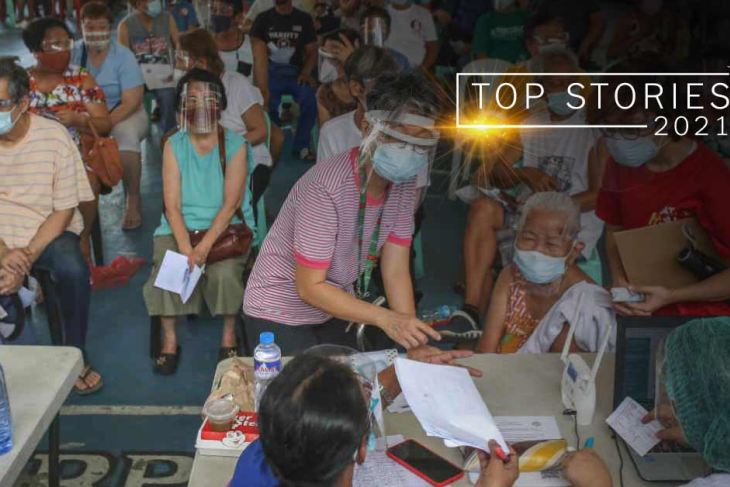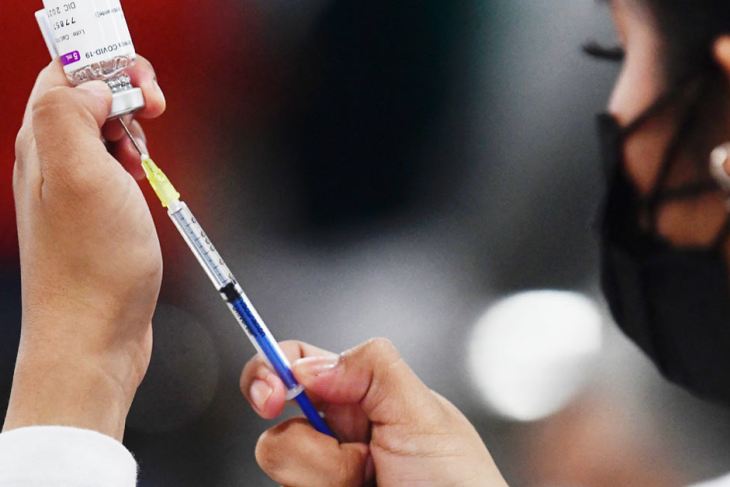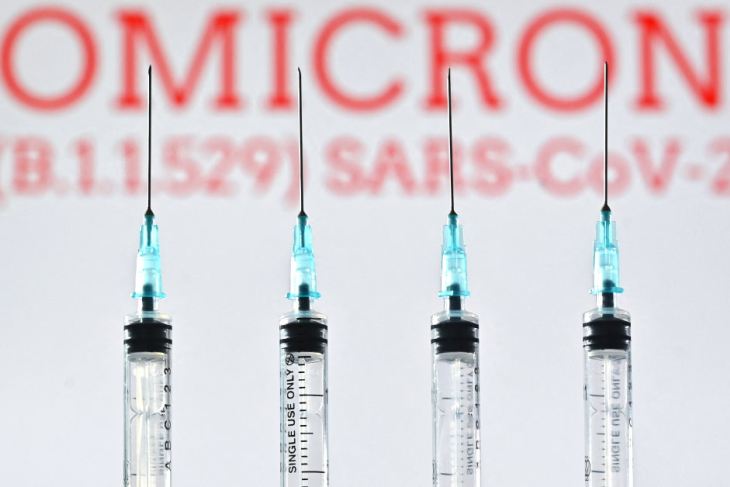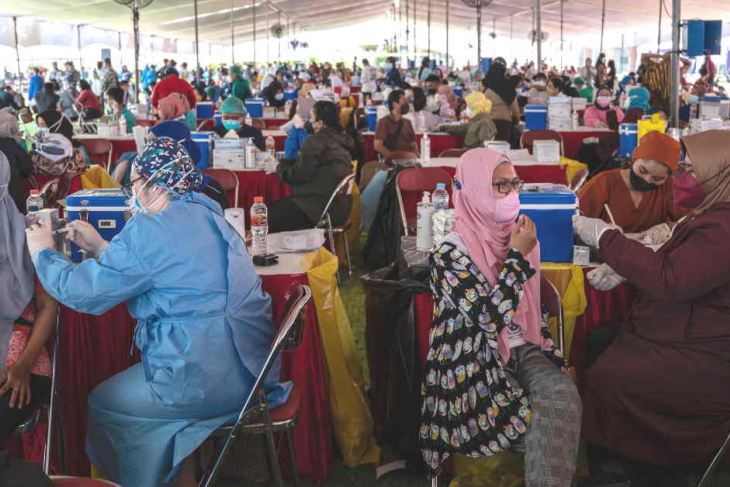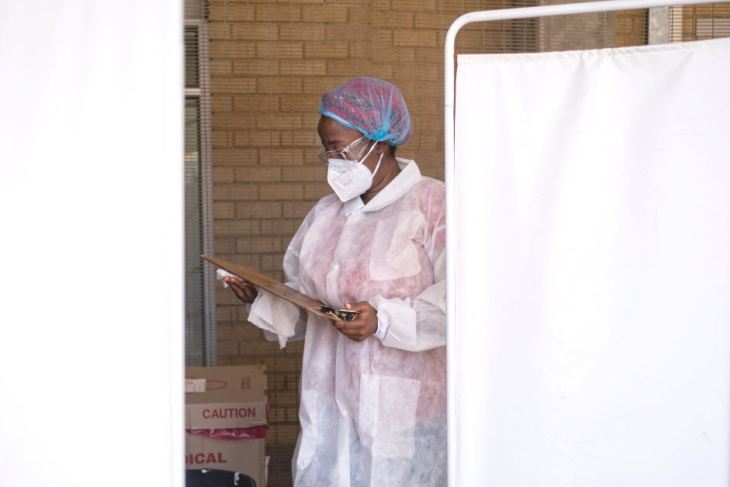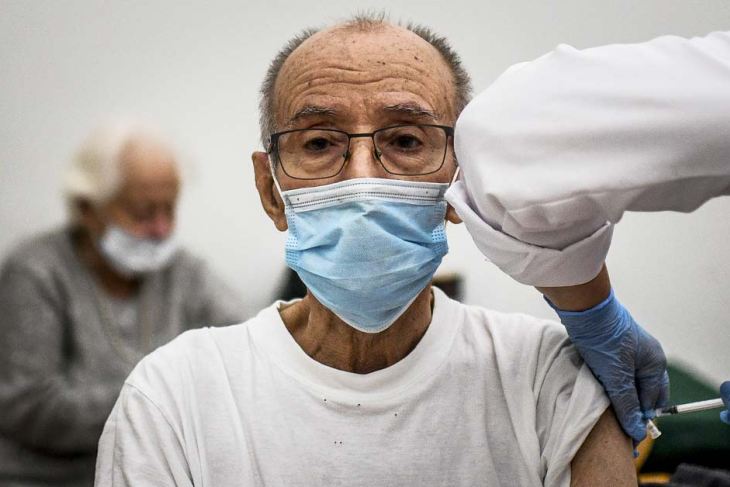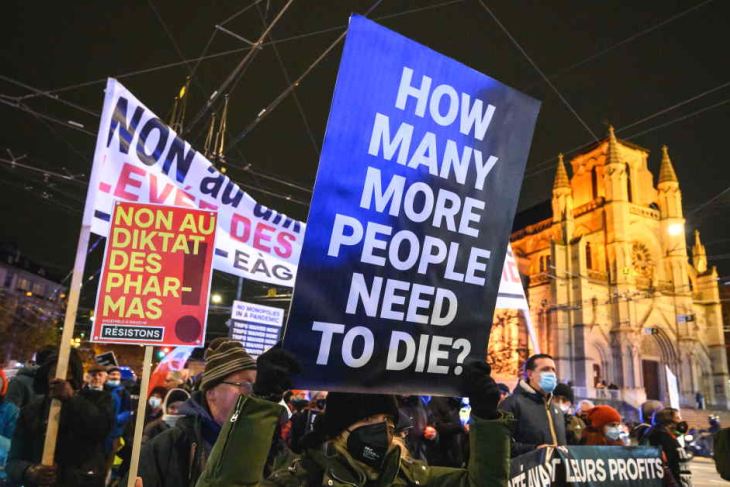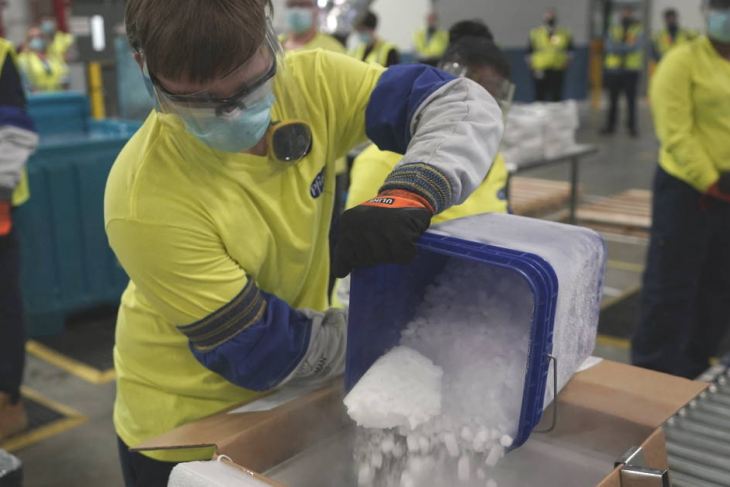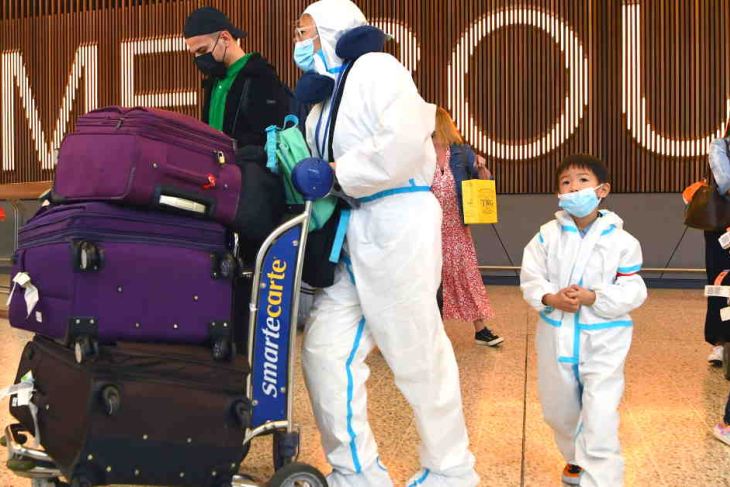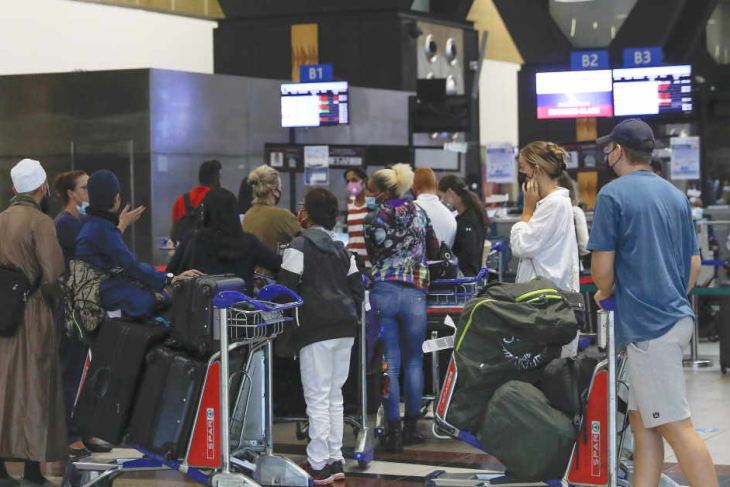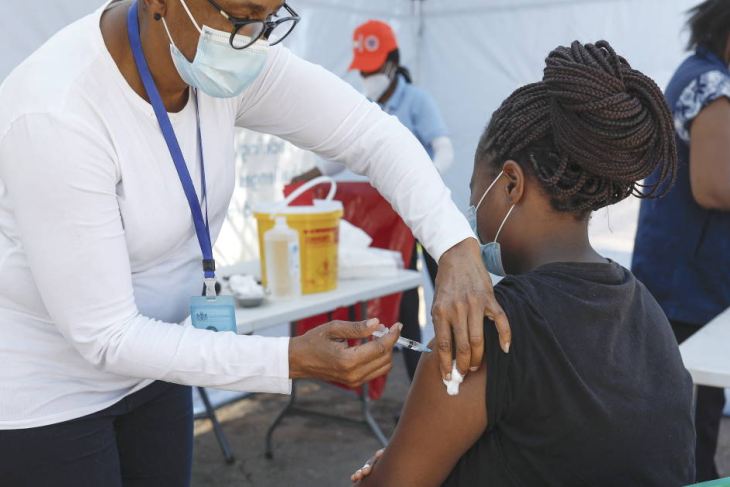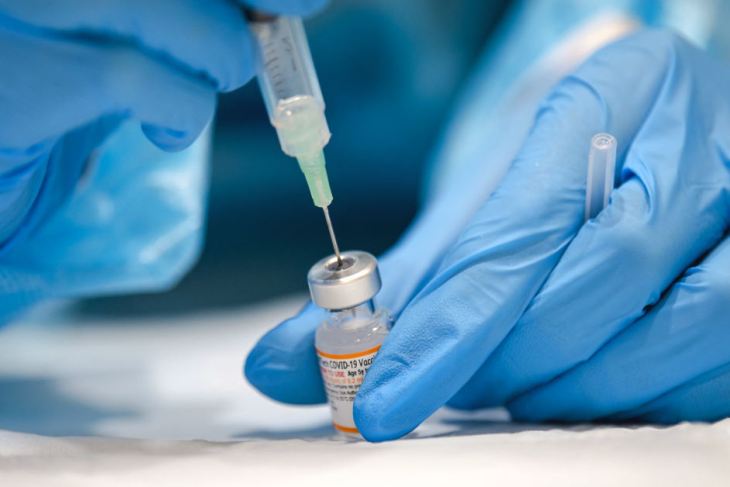World Health Organization
These couple of weeks have not been the Philippines’ finest hours because of the surge in COVID-19 cases mostly in the National Capital Region Plus (NCR Plus) bubble. This is again another uphill battle the country is trying to overcome.
Omicron does not appear to cause more severe disease than previous COVID variants and is "highly unlikely" to fully dodge vaccine protections, a top World Health Organization (WHO) official told AFP Tuesday.Speaking to AFP, the WHO’s second-in-command, said that while a lot remained to be learned about the new, heavily mutated variant of COVID-19, preliminary data indicated it did not make people sicker than Delta and other strains."The preliminary data doesn't indicate th
The Omicron variant has been detected in 38 countries but no deaths have yet been reported, the World Health Organization (WHO) said on Friday, as authorities worldwide rushed to stem the heavily mutated COVID-19 strain's spread amid warnings that it could damage the global economic recovery.The United States (US) and Australia became the latest countries to confirm locally transmitted cases of the variant, as Omicron infections pushed South Africa's total cases past three million.T
The COVID-19 global vaccination campaign – the largest in history – began a year ago with Britain launching its drive on 8 December, 2020.Now half the world's population has had at least one shot. But with richer countries now administering third booster doses, many in poorer ones are still waiting for their first jab.These glaring inequities have come to dog the campaign with the emergence of the Omicron variant, as have controversies over rare side effects and opposition to ma
A preliminary study by South African scientists published Thursday suggests the Omicron variant is three times more likely to cause reinfections compared to the Delta or Beta strains.The findings, based on data collected by the country's health system, provides the first epidemiological evidence about Omicron's ability to evade immunity from prior infection.The paper was uploaded on a medical preprint server and has not yet been peer-reviewed.There were 35,670 suspected reinfections
The World Health Organization (WHO) issued stern warnings Wednesday on the dangers of vaccination apathy and the European Union put mandatory jabs on the table, as the United States registered its first case of the fast-spreading Omicron strain of the coronavirus.The new variant, first reported to the WHO by South Africa a week ago, has quickly popped up across continents, darkening economic forecasts and deepening fears of another difficult winter in the northern hemisphere."Globally, w
The world could see the COVID pandemic begin fading next year into an endemic disease like others humanity lives with, unless glaring inequality in vaccine access drags it out and worse variants emerge.Even as countries scramble to address a new worrying virus variant and Europe battles a winter resurgence, health experts say that taming the pandemic over the next year is possible.All the know-how and tools needed to bring the virus under control exist, with ballooning stocks of safe and effe
It is incredible to think that when the last Paris Peace Forum was held, in November 2020, no COVID-19 vaccine had yet been approved. A year later, more than seven billion doses have been administered, preventing countless deaths and helping to turn the tide of the pandemic in many countries. But this scientific triumph is being overshadowed by the failure to ensure that all people benefit from it.
While PCR tests can detect infection with Omicron, studies are looking to whether the COVID-19 variant of concern has any impact on other test types, the World Health Organization (WHO) said Sunday."The widely-used PCR tests continue to detect infection, including infection with Omicron, as we have seen with other variants," the WHO said in an update on what is known so far about the new variant."Studies are ongoing to determine whether there is any impact on other types of tes
Several European nations on Saturday announced their first cases of a highly infectious new coronavirus strain, as governments worldwide began pulling down the shutters to contain the new Omicron variant.Britain, Germany and Italy confirmed their first cases of the new COVID-19 strain, while Dutch authorities quarantined 61 passengers from South Africa who tested positive for COVID-19.South Africa complained it was being punished with air travel bans for having first detected the strain, whic
Scientists in South Africa said Thursday they had detected a new COVID-19 variant with a large number of mutations, blaming it for a surge in infection numbers.The number of daily infections in Africa's hardest-hit country has increased tenfold since the start of the month. In response, Britain banned all travel from the country and five other southern African nations as concerns grow about the new variant, which scientists say could be more infectious than Delta and more resist
COVID vaccines reduce transmission of the dominant Delta variant by about 40 percent, the World Health Organization (WHO) said Wednesday, warning that people were falling into a false sense of security concerning jabs.The WHO's director-general Tedros Adhanom Ghebreyesus said many vaccinated people were wrongly thinking the jab meant they no longer needed to take any other precautions.Fully-immunised people must stick with measures to avoid catching the virus and passing it on, Tedros in
